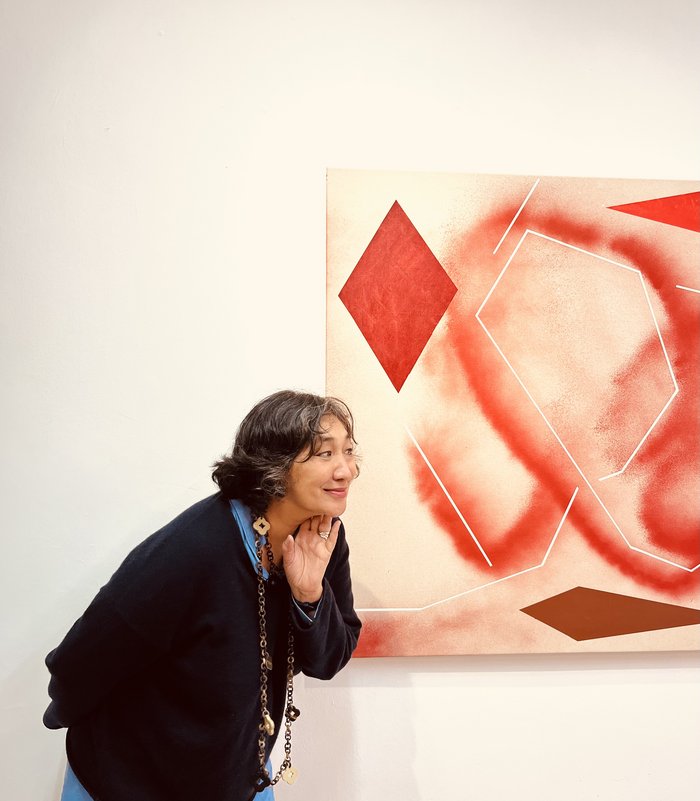Peripherie – von den Rändern her denken / Periphery – thinking from the edges
30.09.–22.10.2017
Periphery refers to a circumferential line or edge. This edge is always related to the center. Sociologically, periphery defines “rather remote, marginal and sparsely populated large areas in which cultural developments often arrive delayed,” says Christian Giordano. By daring to take the opposite view, the exhibition wants to “think from the edges” with a view from the periphery. It asks what it is that defines so-called marginal zones, and under what framework conditions they come about.
With his publication “Land am Rande”, Christoph Ullmann uses the reporting in the local press, the “Bote vom Untersee”, to describe the precarious situation of the region during the First World War, far away from the decision-making centers, but directly affected by the events of the war due to the border situation.
Navid Tschopp gets to the bottom of such things within his artistic creations when he asks about the framework conditions of art production, be it in analogue or digital works, be it in the periphery or in the center. With contextual art, he asks about the actual ‘place of art’ and takes a critical look at it.
In her aesthetic research, Sandra Capaul deals with the edges of perception. She focuses on various everyday objects and examines their forms for volume and density, which allows us to see the boundaries between illusion and presence in a new way.
With the Transitorisches Museum Pfyn, Alex Meszmer and Reto Müller question the demarcation of knowledge in relation to time and space. With the migration of plants in the form of neophytes, their most recent work explores the shift in the perception of the exotic to the native when they ask where our regional plants have migrated from.
![[Translate to English:] Meszmer/Müller, 2017 [Translate to English:] Meszmer/Müller, 2017](/fileadmin/_processed_/d/5/csm__MG_7262_25e7f203d0.jpg)
![[Translate to English:] Sandra Capaul, 2017 [Translate to English:] Sandra Capaul, 2017](/fileadmin/_processed_/3/a/csm__MG_7241b_6bd076b432.jpg)
![[Translate to English:] Navid Tschopp/ Werner Widmer, 2017 [Translate to English:] Navid Tschopp/ Werner Widmer, 2017](/fileadmin/_processed_/5/8/csm__MG_7346_1d8674341c.jpg)
![[Translate to English:] Sagar Shiriskar: Zigarettenstummel, 2022.](/fileadmin/_processed_/c/f/csm_NIK_5923_b25f3e6f92.jpg)
